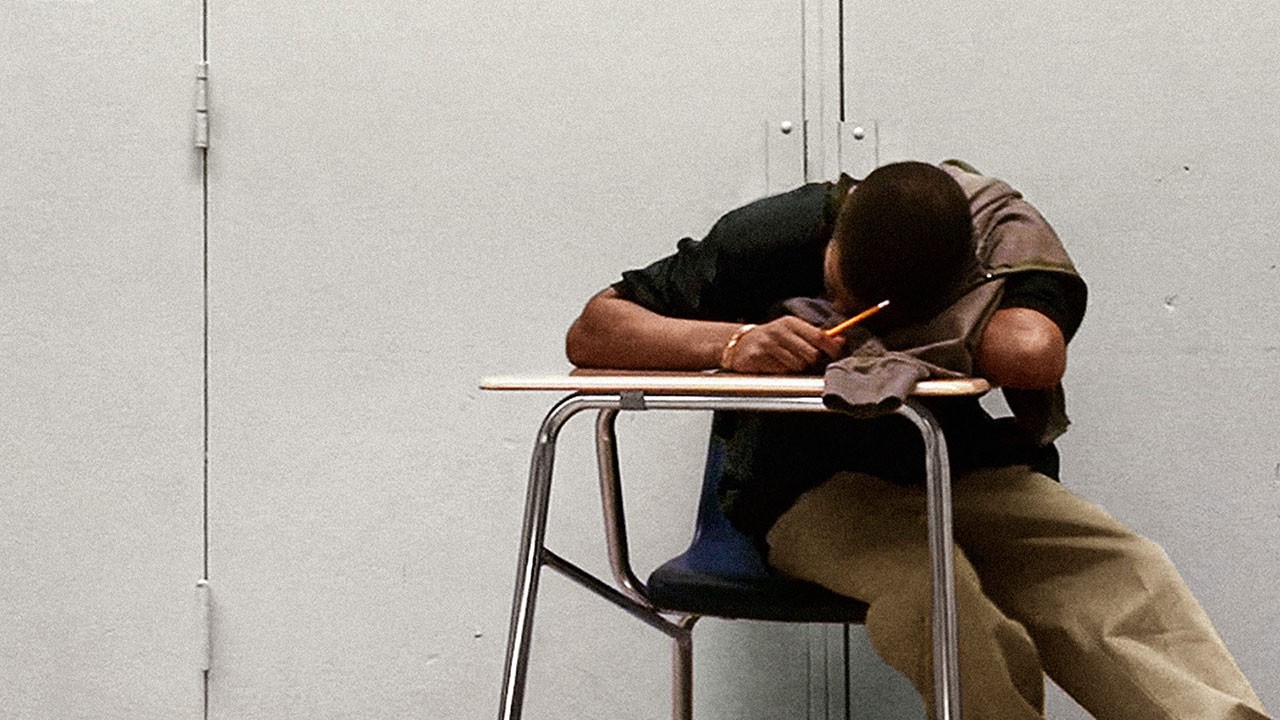Wikimedia Commons
History in action: Yesterday, August 6 marked the 52-year anniversary of President Lyndon B. Johnson signing the Voting Rights Act of 1965. Prior to the signing of law, it was perfectly legal for people to discourage voting using tactics like secret ballots, poll taxes, literacy tests and grandfather clauses. Although the 15th amendment gave all citizens the right to vote regardless of their race or former slave status, several states in the South made it as difficult as possible for black people to vote using subversive policies and sometimes violence.Without the law on their side, black communities had no means to vote and thus had little say in how the government was run. Activists for racial equality campaigned in the South and in Washington often in the face of violence for the right to vote before LBJ took action. Although voter protections have been put in place for people of color, gerrymandering in recent years has been called the new threat to fair democratic elections and the Supreme Court is looking into the matter of redistricting this fall.Falling apart: The crisis in Venezuela has gotten even worse as President Nicolas Maduro cracks down on political opponents. On August 2, two political dissidents of Maduro, activist Leopoldo Lopez and the former Mayor of Caracas, Antonio Ledezma, were seized from their homes and detained by police. Lopez had just been released from prison on July 8 and was on house arrest before being retaken the following month. After the abduction of the two men, the international community publicly condemned their treatment by the Venezuelan government.Both men have been returned to their homes on house arrest, but this looks like the beginning of the end for Venezuelan democracy. President Trump has threatened further sanctions against Venezuela for the treatment of Ledezma and Lopez. If Maduro's response to Trump's sanctions from earlier this year is any indication of his plans for the future, it's likely the chaos will only continue.White House takes direct aim at the press: On Friday, Attorney General Jeff Sessions announced that the Justice Department (DOJ) will review policies for how it handles media outlets that publish leaked information. In an interview with the Wall Street Journal last month, President Trump expressed his disappointment with Sessions for his hesitation in finding and presumably punishing leakers. Critics are calling the DOJ's latest move an attack on the freedom of the press and that important truths will now be hidden from the public.However, proponents argue that this is a matter of national security and that both leakers and the publications that encourage them share secret information could be a threat to national security. Former President Barack Obama also went after leakers during his time in office but left the media out of the fray. The DOJ's actions are yet another turn of the screw in the increasingly hostile relationship between the White House and journalists.
Watch some more video from VICE:
Go West, old man: The Trump administration continued its support of the coal industry by rolling back Obama-era federal protections on federally owned lands in the West. Critics fear that the mining will taint the water supply sources that local ranchers have relied on for generations.Earlier this year, environmental groups launched two lawsuits to challenge the federal rollbacks on coal mining in the west. Proponents, mainly within the coal industry, are ecstatic about the new developments and saw the Obama administration's regulations over federal lands as killing their line of work. Whether the new life that President Trump is giving fossil fuels will actually revive the industry remains to be seen. Coal jobs have continued to decline while renewable energy careers are on the rise.Cha-ching: On August 3, Rhode Island became the fourth state to make community college free. The move is a huge step toward making higher education attainable for all, regardless of income. State lawmakers gave the go-ahead on a four-year pilot program that set aside $2.8 million to make college affordability a reality for all. New York, Oregon and Tennessee have all implemented similar programs within the past two years.In order to take advantage of the Rhode Island "Promise Scholarship," students must be enrolled full-time and keep their GPA above a 2.5. The program is limited to in-state residents only and graduates who have completed high school from the previous spring. The downside is that the stipulations mean many college students won't be able to reap the benefits if they're part-time students or aren't recent high school grads.Last Chance High returns: The critically acclaimed VICE News series, Last Chance High is back. The new season is premiering on VICELAND on Tuesday, August 8 at 10 pm EST. The show is focused on the troubled students of Chicago's Moses Montefiore Academy and the tireless teachers that work with them. The new episodes will check in on what's happened since the school closed down in 2016 and how the community is coping with Chicago violence. Learn more about the series and how you can support the work of the school.
Advertisement
Advertisement
Watch some more video from VICE:

Go West, old man: The Trump administration continued its support of the coal industry by rolling back Obama-era federal protections on federally owned lands in the West. Critics fear that the mining will taint the water supply sources that local ranchers have relied on for generations.Earlier this year, environmental groups launched two lawsuits to challenge the federal rollbacks on coal mining in the west. Proponents, mainly within the coal industry, are ecstatic about the new developments and saw the Obama administration's regulations over federal lands as killing their line of work. Whether the new life that President Trump is giving fossil fuels will actually revive the industry remains to be seen. Coal jobs have continued to decline while renewable energy careers are on the rise.Cha-ching: On August 3, Rhode Island became the fourth state to make community college free. The move is a huge step toward making higher education attainable for all, regardless of income. State lawmakers gave the go-ahead on a four-year pilot program that set aside $2.8 million to make college affordability a reality for all. New York, Oregon and Tennessee have all implemented similar programs within the past two years.In order to take advantage of the Rhode Island "Promise Scholarship," students must be enrolled full-time and keep their GPA above a 2.5. The program is limited to in-state residents only and graduates who have completed high school from the previous spring. The downside is that the stipulations mean many college students won't be able to reap the benefits if they're part-time students or aren't recent high school grads.Last Chance High returns: The critically acclaimed VICE News series, Last Chance High is back. The new season is premiering on VICELAND on Tuesday, August 8 at 10 pm EST. The show is focused on the troubled students of Chicago's Moses Montefiore Academy and the tireless teachers that work with them. The new episodes will check in on what's happened since the school closed down in 2016 and how the community is coping with Chicago violence. Learn more about the series and how you can support the work of the school.
